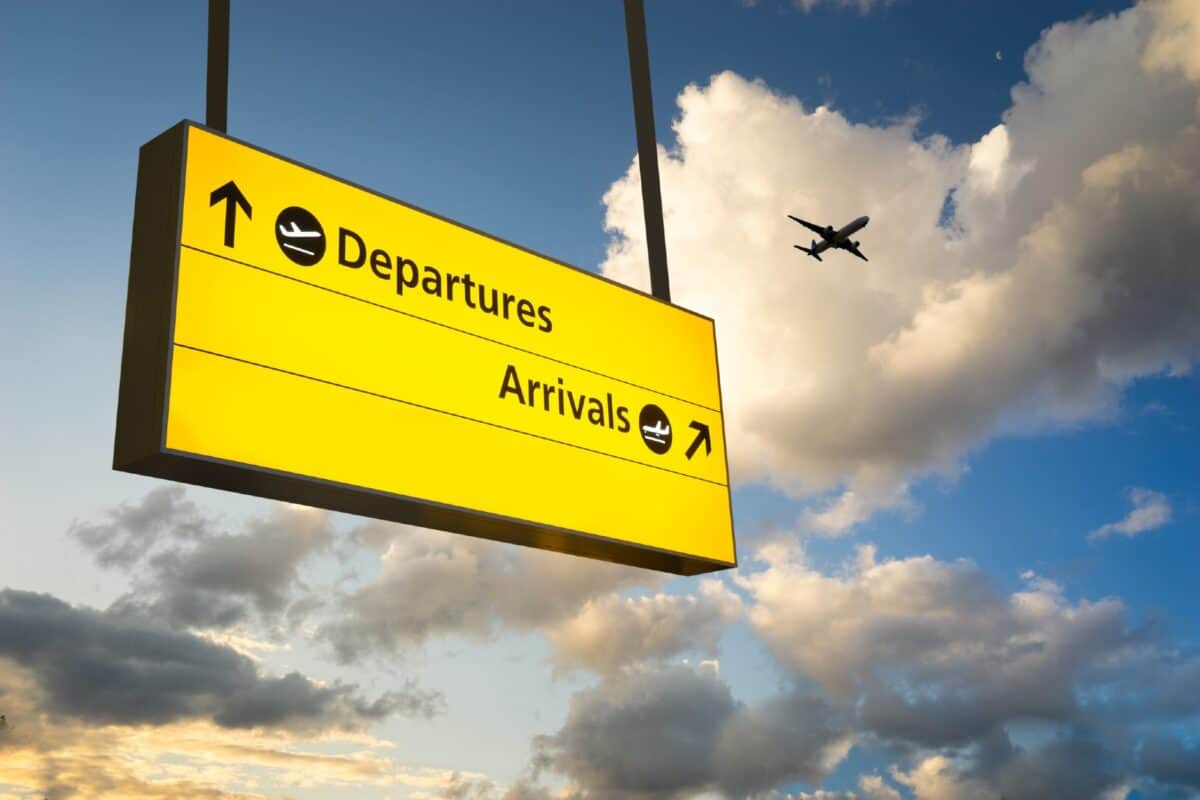
Image source: Getty Images
Back in time, before the pandemic, the easyJet (LSE:EZJ) share price consistently traded well above £10 for most of the 2010s.
On 21 February 2020, the company’s shares were valued at £12.70 apiece. By 3 April, they had dramatically fallen by 69% to £4. This is understandable as travel and flights were severely restricted by lockdowns worldwide.
However, what’s not so understandable is why easyJet shares have mounted such a weak recovery, if you can even call it that. It’s almost four and a half years since then, yet its shares have only risen by 28% to £5.13 (at the time of writing).
Air travel has already reached pre-pandemic levels, but shares of easyJet are still 60% down from this point.
For perspective, if I’d invested £10k into the company’s shares on 21 February 2020, I’d only have £4,038 today.
This is very disappointing.
It doesn’t make sense
At face value, it’s difficult to see why easyJet shares haven’t made more of a recovery.
Looking at the company’s recent third-quarter results, revenue grew by 11% to £2.36bn. If we look at third-quarter earnings in 2019, revenue had increased by the same percentage to £1.76bn. Therefore, the company is doing significantly better than before the pandemic.
Furthermore, looking solely at the recent quarterly report, we can see the firm is improving numbers in many important metrics. For example, profit before tax (PBT) has grown for the easyJet holidays division from £49m to £73m year on year. Passenger numbers of 25.3m are also almost back at the 26.4m seen in 2019.
Moreover, its future outlook is strong, with easyJet holidays guiding for PBT to be above £180m for the year, representing 48% growth.
Are its shares undervalued?
So, if it’s generating more revenue in comparison to 2019 and has a good level of profitability, it leads me to believe that its shares are undervalued.
With a forward price-to-earnings (P/E) ratio of 7.7, easyJet shares certainly look like a bargain.
However, I believe the pandemic has changed the risk assessment for investors when valuing airline stocks. It exposed the fragility of the industry to macroeconomic shocks. If a similar event happened, easyJet could suffer again along with other airline companies.
Furthermore, the price of jet fuel can significantly affect margins. Global events have a significant effect on the supply of oil, causing it to be highly volatile.
Now what?
The company may be operating at similar levels to 2019 but I believe there’s a reason its shares haven’t followed suit. The pandemic ultimately exposed vulnerabilities in the airline sector that investors hadn’t considered before. This has changed the risk profile for investing in its shares.
Even if another pandemic doesn’t occur, I think investors are right to remain cautious. Geopolitical tensions are making the world a more dangerous place, which could harm travel and also adversely affect the price of jet fuel.
However, with this in mind, I still believe the price of easyJet shares is at a rock-bottom valuation. Over the long term, its shares should fly up from here and the company has a strong balance sheet, with net cash of £146m. I think this should help it weather the turbulent times.













